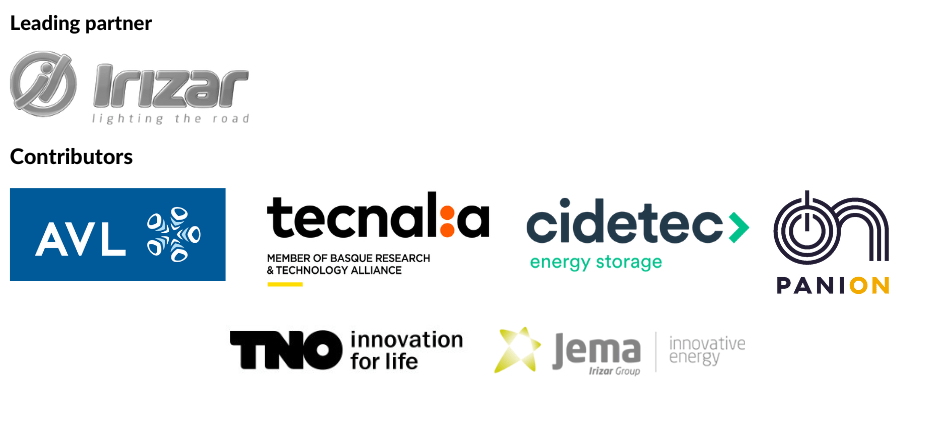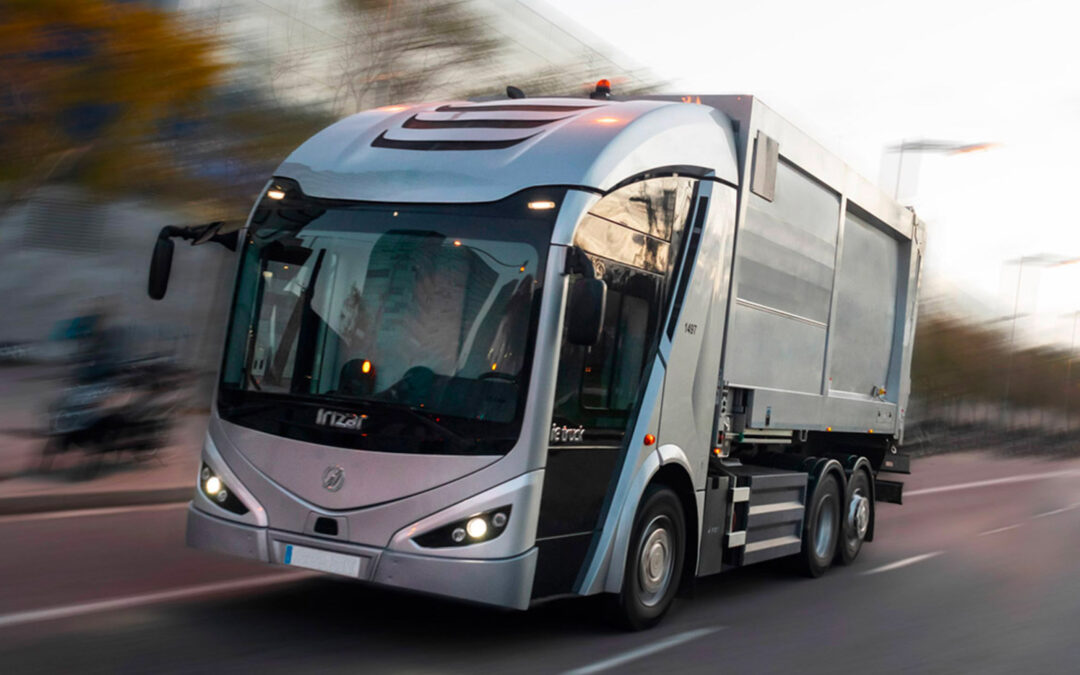The future of electric mobility is rapidly approaching. This swift from conventional diesel-fuelled vehicles applied to trucks will bring cost savings to owners in the long term and contribute to making the pulling logistics sector more competitive and sustainable.
The NextETRUCK project is part of this electric revolution to decarbonise urban and sub-urban logistics. The Barcelona use case “Refuse Truck with modular vehicle architecture (with adaptability to delivery truck)”, led by IRIZAR, goes one step further and is deploying a modular vehicle architecture structure. This novel architecture is designed to be generically applicable to different mission profiles and types of trucks, encompassing powertrain, control, and charging aspects.
To showcase the potential of this technology, an IRIZAR ZEV (pilot truck) will undergo a six-month operational trial on the streets of Barcelona, integrated into a waste collection fleet operator’s existing line-up. Its mission is to demonstrate the integration of zero-emission medium-haul trucks in the city’s urban areas while proving the same or enhanced efficiency that their diesel-fuelled counterparts. This architecture aims to improve braking capabilities, automatic control systems, and electronic regulation.
IRIZAR’s truck features a low cabin design that provides better operator accessibility, contributing to reducing the number of accidents that occur while entering or exiting the vehicle from high levels. It also includes increased glazing surface area for optimised visibility. The integration of the body and cabin assembly exterior shapes improves the truck’s aerodynamic efficiency, increasing fuel efficiency and reducing carbon footprint.
Another challenge the Barcelona trial seeks to overcome is noise emissions reduction to achieve the lowest technically possible levels, focusing on the noise produced during starts, braking, and bodywork operations, contributing to more peaceful urban environments.
As cities strive for sustainable transportation solutions, the Barcelona use case provides valuable insights and paves the way for a greener, more efficient future in urban logistics.


